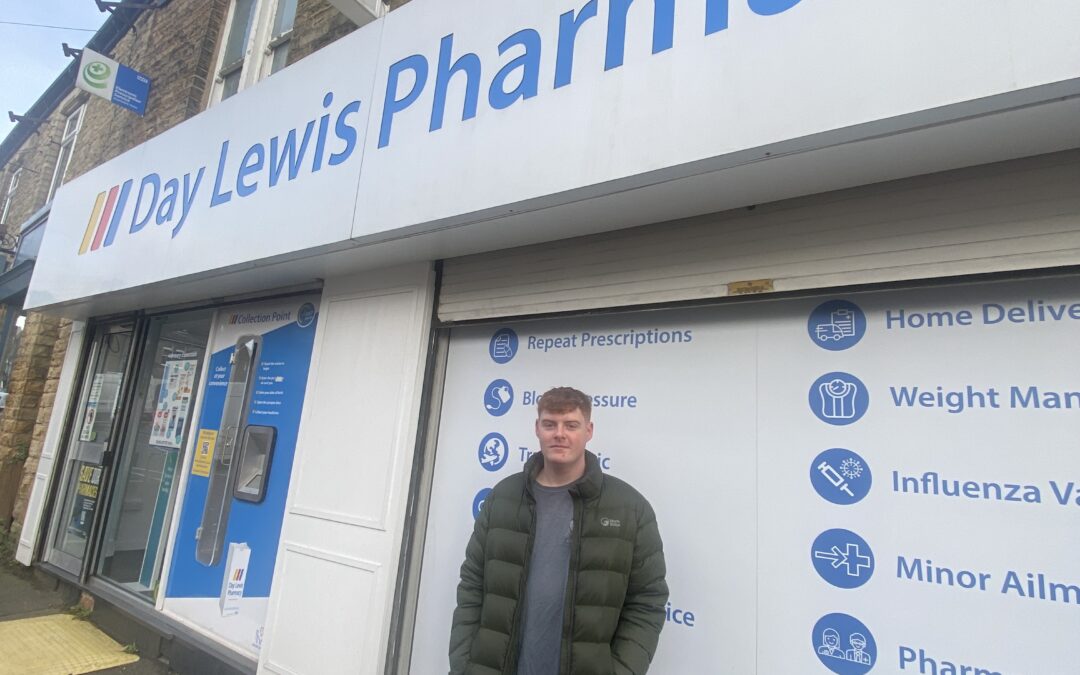A local pharmacist feels his workload has risen dramatically after he claims the NHS has delegated responsibility to him.
According to the NHS website, the new Pharmacy First Service will enable community pharmacists to complete episodes of care for patients without the need for the patient to visit their general practice.
A pharmacist at Day Lewis pharmacy, in Crookes Sheffield, has found his workload has increased significantly in the last few weeks.
David Okuszko, a local pharmacist in Day Lewis pharmacy said: “Patients don’t need to go to doctors as often, we can prescribe medicine that we could not usually do. We now deal with issues like: blood pressure, contraception and a wide range of infections.”
He said: “I welcome the change, but I am doing more and more work for patients, like prescribing new medication, and giving them a new wide range of medical advice. I spend much more time here then I used to for sure.”
David also spoke about how he feels pressure with the added responsibility and how he feels anxious about giving advice on serious illnesses.
He said: “With blood pressure for example, I have never had to prescribe medication or offer advice for that kind of serious illness, which makes me nervous because I don’t want to get it wrong.”
William Collett, a customer in the pharmacy from Sheffield said: “I came into the pharmacy for an issue that I thought I had to go to the doctors for. It was a time saver going to my local pharmacy and I actually felt it was dealt with really efficiently so yes I am certainly in favour for the change, but I can’t speak for the pharmacists.”
The NHS have published on their website that this expansion will save up to 10 million general practice team appointments a year and help patients access quicker and more convenient care, including the supply of appropriate medicines for minor illnesses, freeing up millions of GP appointments.
David said pharmacies are taking workload off the doctors in the NHS, giving them more time to focus on important and more complicated health issues.
The receptionist at the pharmacy said: “I have seen a massive difference in the amount of people coming into the pharmacy every day, who knew giving pharmacists extra responsibility would make such an impact.”
A survey online shows that the pharmacy workforce has so far revealed that more than nine out of ten pharmacists feel that the cuts will create more work for them.
According to the interview with David Okuszko, the increase of workload is beneficial to the public and the NHS, but possibly too much pressure for pharmacists who will have to do the work!

